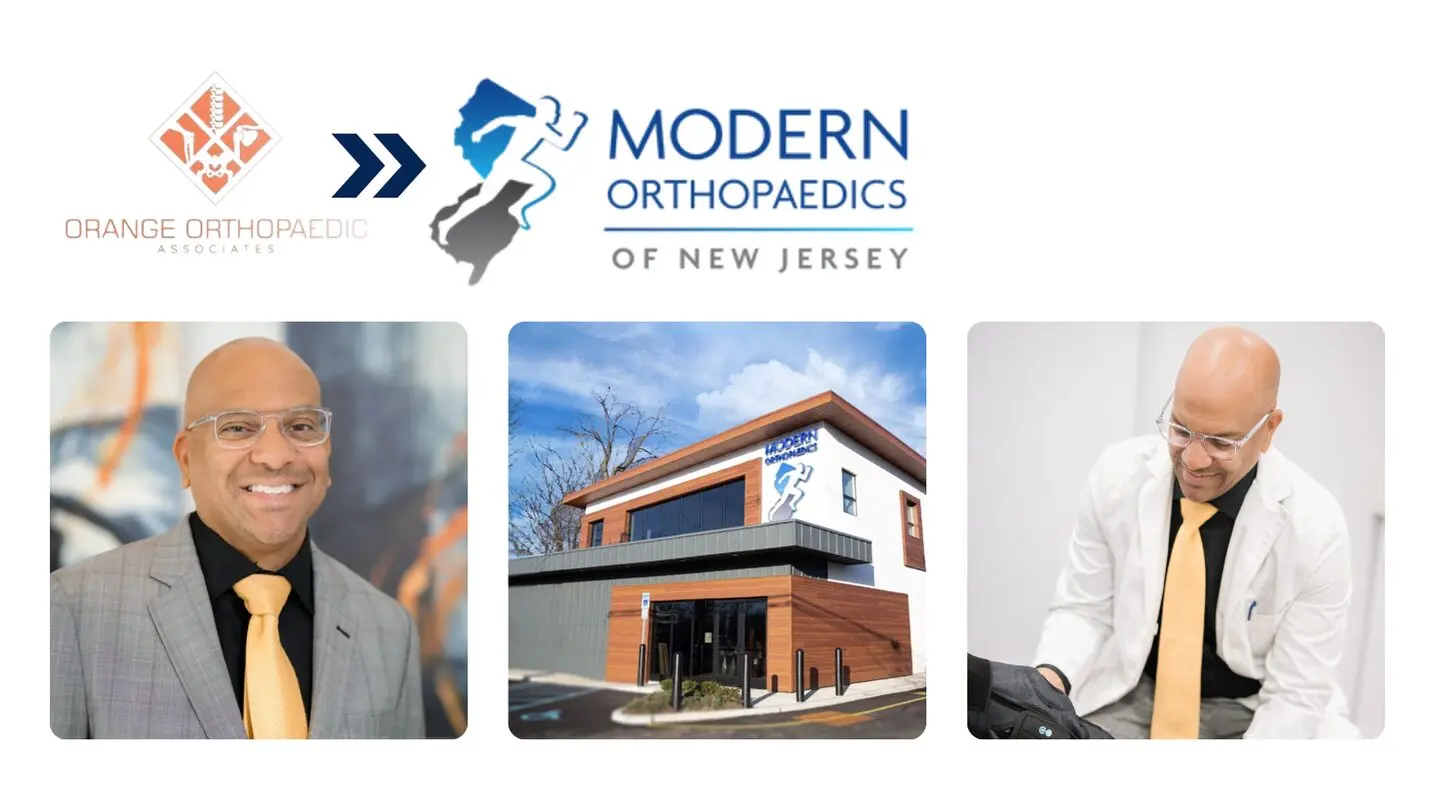Dr. James Lee, Jr, MD has joined the team to trust at Modern Ortho in Paramus!

Announcement:
Modern Orthopaedics of New Jersey Welcomes Dr. James M. Lee, Jr., MD, Orthopedic Sports Surgeon
Modern Orthopaedics of New Jersey is pleased to announce the addition of Dr. James M. Lee, Jr., MD, a Board-Certified, Fellowship-Trained Orthopedic Sports Surgeon, to its team. Dr. Lee, formerly of Orange Orthopaedic Associates, brings over a decade of experience and expertise in high-quality, patient-centered care. His reputation for excellence in the field of orthopedic surgery complements the existing strengths of Modern Orthopaedics’ skilled team of surgeons.
With Dr. Lee’s arrival, Modern Orthopaedics of New Jersey now offers comprehensive upper and lower extremity expertise, addressing a wide range of conditions affecting the knee, hip, and ankle. Dr. Lee specializes in knee arthroscopy, ACL tears, knee and hip replacements, shoulder injuries, rotator cuff tears, and fracture care. He is also trained in performing the Jiffy Knee® procedure.
In addition to his clinical work, Dr. Lee has served as the Head Team Physician for Bloomfield College and provided medical care to athletes at several local high schools.
Dr. Lee is currently accepting new patients at Modern Orthopaedics’ Paramus and Parsippany locations.
